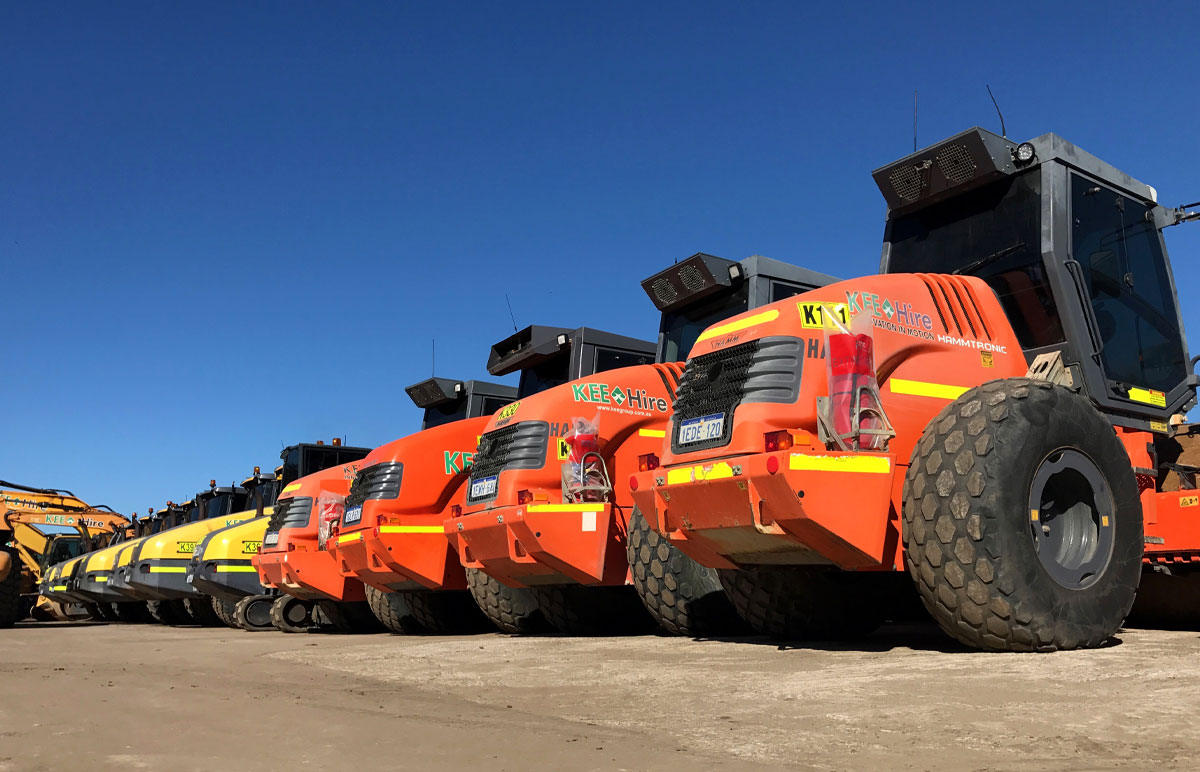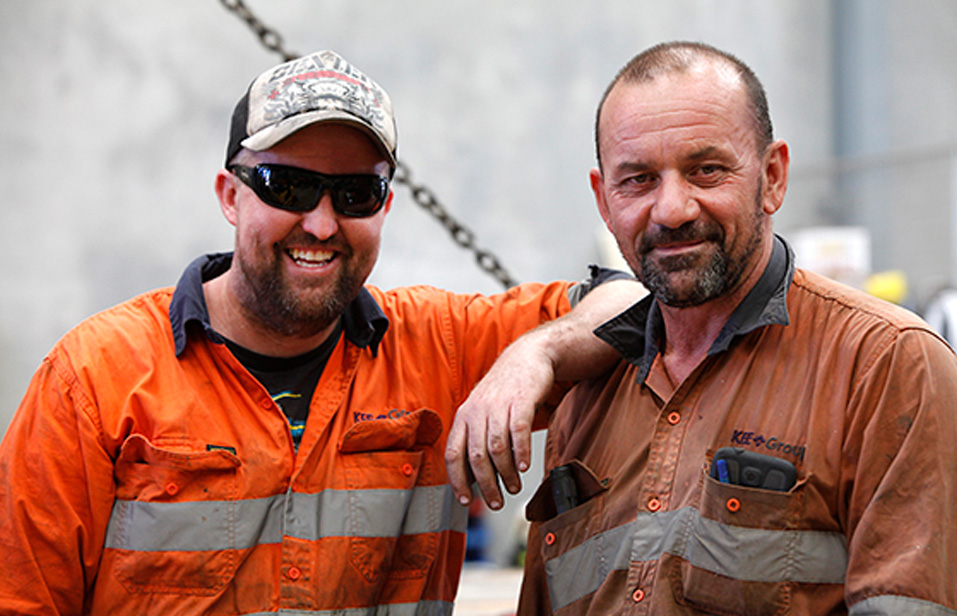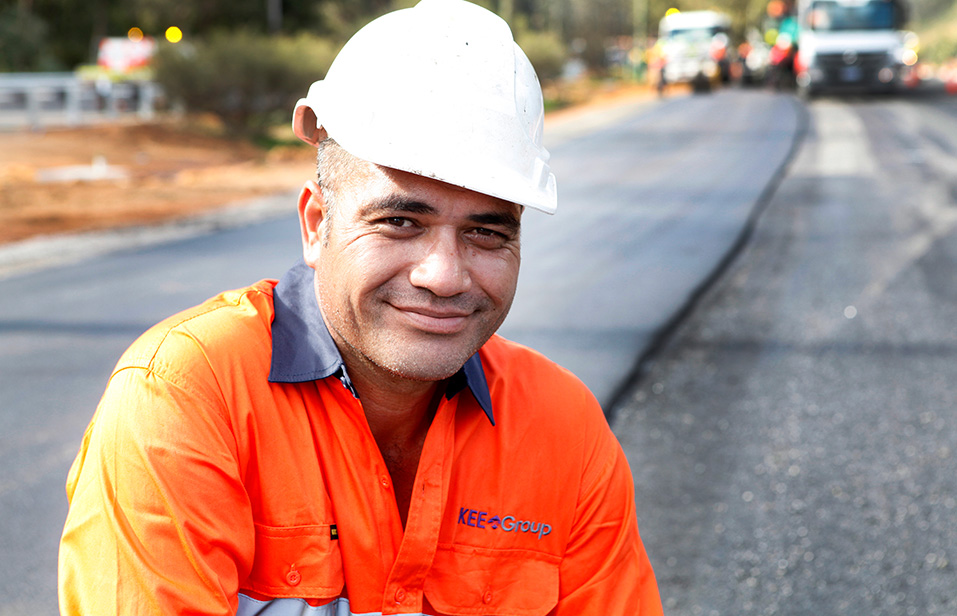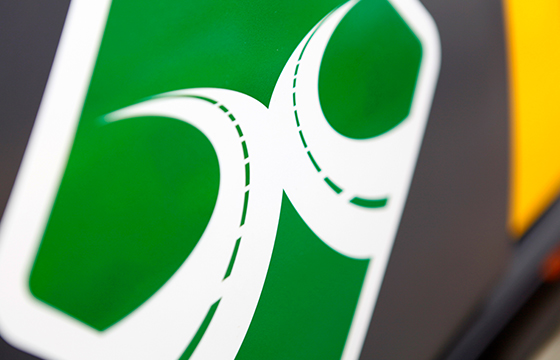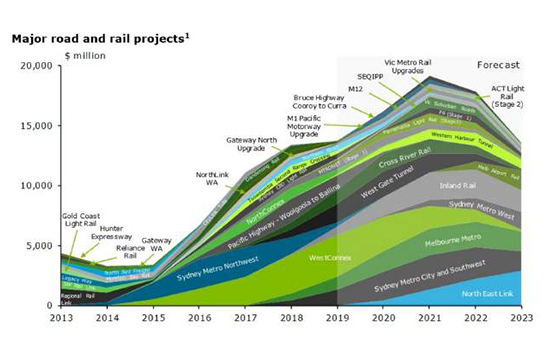Our Guide to Various Types of Common Compaction Rollers
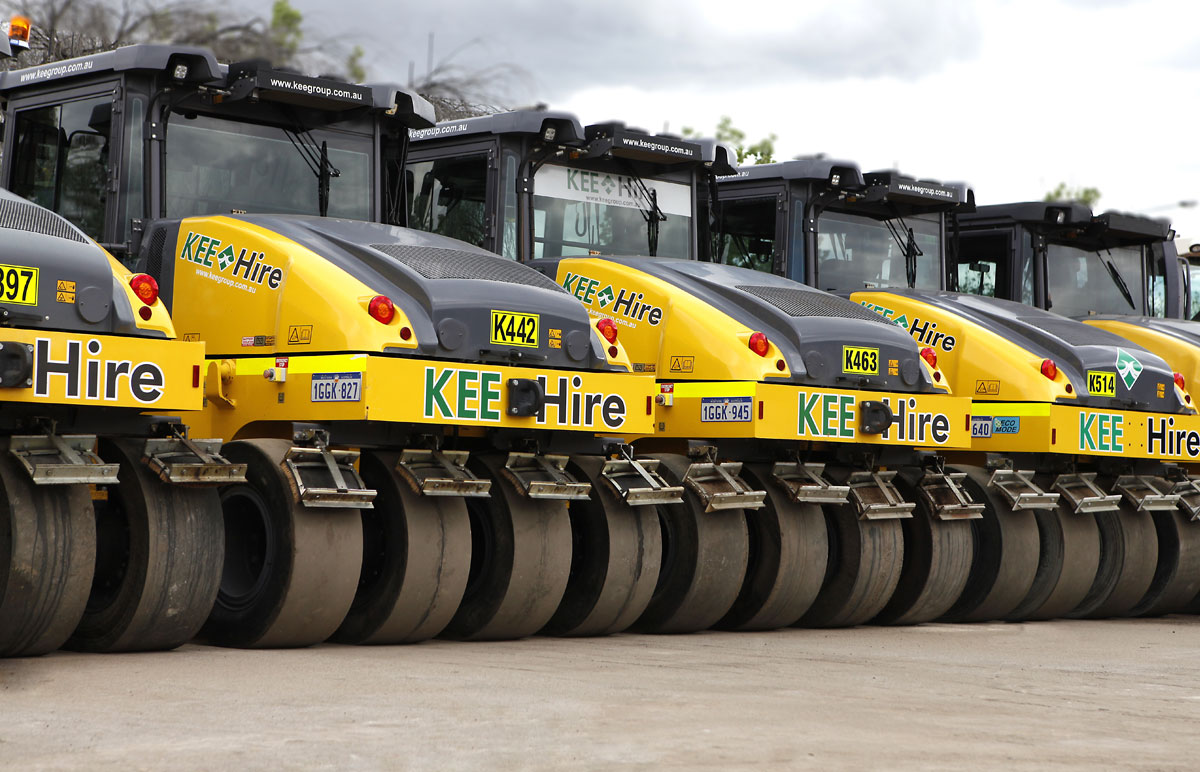
For a construction project to be successful, it needs to be built on solid foundations. Soil compaction is defined as the method of mechanically increasing the density of soil. In construction, this is a significant part of the building process. If performed improperly, settlement of the soil could occur and result in unnecessary maintenance costs or structure failure. Almost all types of building sites and construction projects employ mechanical compaction techniques.
The building’s foundation will only be as strong as the groundworks it is built on. As such, the ground should be compacted enough to prevent pockets of air from forming beneath the surface. To ensure its right you will require special construction equipment, like road rollers.
Choosing the right kind of roller for your project
For the most efficient compacting, you will want a roller that can finish the job in the fewest passes possible and with minimal overlap in-between. If you are compacting a narrow or confined area such as a footpath, you will need smaller compactors such as a small double drum pedestrian roller or rammers and vibrating plates.
Road rollers are built for specific project types and figuring out which one you need depends on looking at all the factors. The first of these would be the length or duration of the project. Sometimes it is cost-efficient to rent instead of buying a roller.
Compaction rollers are a trustworthy addition to your fleet of heavy equipment for a project. They easily improve and repair roads and surfaces. You must understand each type of roller and the benefits they bring so that you can choose the best one for your construction needs.
Cylindrical Rollers/Pedestrian Rollers
The cylindrical /pedestrian rollers are typically one meter across and made of concrete, iron, or stone. This traditional, walk-behind type of roller is relatively light. It can be pushed by a single person, in contrast to other types on this list that have both walk-behind and ride-on variants. This roller is used for small projects and asphalt works. When you are preparing for garage or house construction or driveways etc., you might use a cylindrical type roller.
Smooth Drum Rollers (Vibratory)
This is the most common roller used, being a traditional style cylinder roller with a large steel drum in front and two wheels at the back. This means the roller can move forwards and backwards creating less traction and can flatten and pave sections of roads quickly. They are perfect for flat surfaces like asphalt or ones with a rather low incline. Smooth drum rollers use static pressure, vibration, and impact to compact materials such as gravel, rocks, sand and asphalt.
Most road construction projects use smooth drum rollers. Instead of just relying on static force (weight of the drums), a vibratory roller uses vibrating force to deliver a more powerful effect. A rotating or reciprocating mass enables the drums to vibrate. The addition of the vibrating force allows for more efficient work and higher compaction levels.
This type of roller works best for creating building foundations and compacting sections of highways.
Smooth Drum Rollers (Oscillating)
Because oscillation is a gentle, yet highly effective compaction method, it has today become a standard compaction method in sensitive areas or in the vicinity of sensitive buildings and houses. Oscillation uses less force but delivers both vertical and horizontal energy, essentially manipulating the aggregates into place.
Pad Foot or Sheep’s Foot Rollers (Vibratory)
Just like smooth rollers, padfoot rollers generate static pressure, vibration, and impact on the materials. However, they also generate a manipulative force. This allows for uniform compaction during the entire process.
Padfoot rollers are used for compacting fine-grained soils such as heavy clays and silty clays. Padfoot rollers are also used for compaction of soils on dams, embankments, subgrade layers in pavements and a variety of road construction projects.
Pneumatic Rollers (Multi-Tyre)
Pneumatic roller or multi’s are used for initial compaction of roads or foundations. They use pneumatic-tyred wheels that overlap, providing a rolling action that seals the surface. The surface of each tyre is smooth giving a perfectly flat and smooth material surface. These compactors are mainly used as one of the last steps for compacting soil for road work and are also used to compact asphalt for sealing purposes.
Vibratory Double Drum Rollers or Tandem Rollers
Smooth double drum roller compactors have optimal compaction capacity for reinforcement of soil, gravel, asphalt, and various soil subgrades. They are very powerful. A smooth double drum roller is also ideal for compaction of asphalt or when following an asphalt paving machine.
Conclusion
Choosing the right type of roller for your project will help you to produce excellent workmanship and keep those pockets of air away. You will also have an even space to work on, which keeps your equipment and workers safe. When you build on stable, solid ground, you will have a building that lasts for a long time.
Hire a roller in Perth, Karratha, Newman, Albany, or Port Hedland. Contact us at KEE Hire today. We are trusted by the largest civil, mining, and infrastructure project managers in Western Australia!


